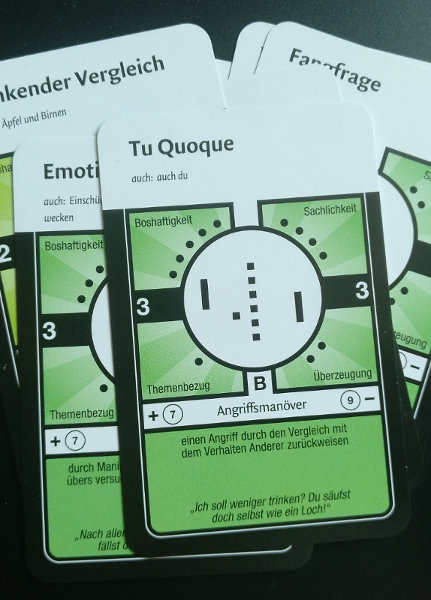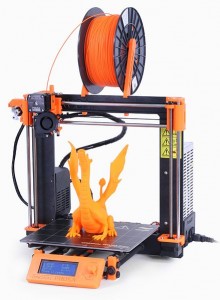Beim Hacker-treffen am Donnerstag (9.3.2017) wird im Hackerspace Ulm (Freiraum) über CIA Hacking Tools gesprochen. Wir schauen was bisher publiziert wurde (fast 8000 Dokumente) und was vielleicht noch kommen wird.
Wikileaks schreibt:
“Recently, the CIA lost control of the majority of its hacking arsenal including malware, viruses, trojans, weaponized “zero day” exploits, malware remote control systems and associated documentation. This extraordinary collection, which amounts to more than several hundred million lines of code, gives its possessor the entire hacking capacity of the CIA. ”
Zudem wird heute über den Zeitplan von zukünftigen Vorträgen (und Workshops) für den Frühling beschlossen. Die Voraussichtliche Themen sehen echt spannend aus: Gehirn, Bewusstsein, Deep Learning, die Molekulare-Küche, Embedded Systems Reverse Engineering.
Am Donnerstag geht es um 20 Uhr los im Freiraum (Platzgasse 18, oberhalb von Radio freeFM).
Willkommen!
Shortly in English: We are talking about CIA Hacking Tools and what is in the leaked documents. We are also discussing about the time plan of the lectures (and workshops) for this spring.
We will meet at the Hackerspace Ulm (www.hackerspace-ulm.de, Platzgasse 18, top floor) starting on Thursday 9th of March at 8 pm.
Welcome!

